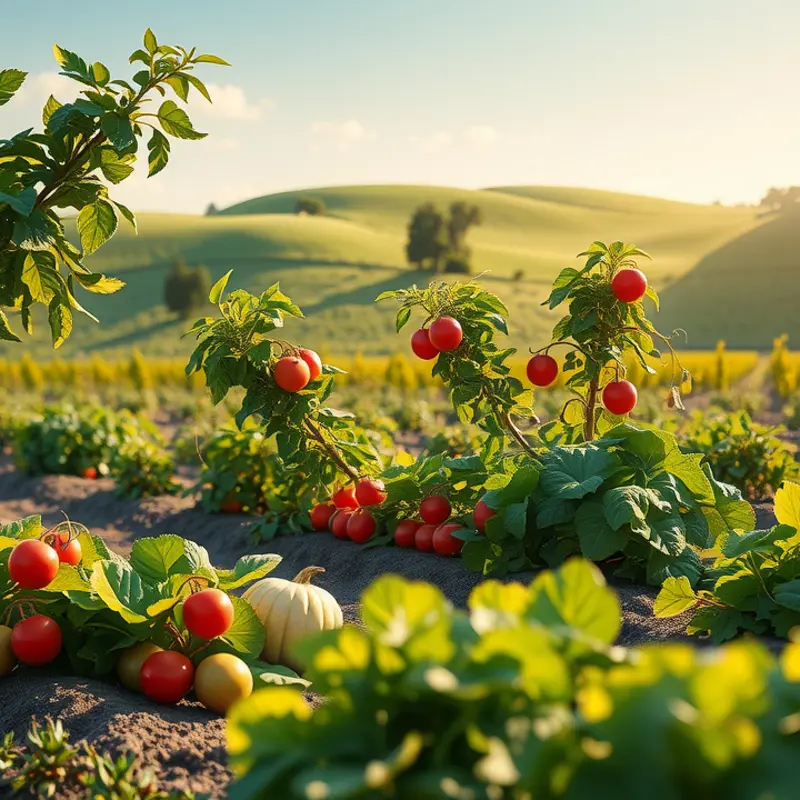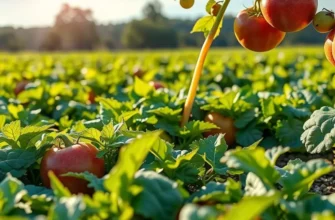Food outages can happen unexpectedly, and when they do, it’s crucial to know how to properly manage your food supplies. Keeping your food safe and fresh, while reducing waste, becomes a key priority. With a little planning and practical tips, you can better navigate these challenging times, ensuring your meals remain nutritious and your resources are efficiently utilized.
Before the Outage: Preparation is Key

Pre-outage preparation is the cornerstone of ensuring your food remains safe and fresh during uncertain times. This involves a strategic approach to acquiring, organizing, and preserving food items. By focusing on these key aspects, you will be better equipped to manage any disruptions to your food supply.
Stocking Up on Essentials
Begin by identifying non-perishable essentials such as grains, canned goods, and dried fruits. Opt for items with longer shelf lives, providing nutrition and variety during an outage. Aim for a balance between carbohydrates, proteins, and fats to ensure a well-rounded diet. Look for canned meats, beans, rice, pasta, and nut butters as core components.
Create a detailed inventory listing expiration dates. Rotate items regularly, using older products before their best-by dates, and replacing them with new stock. This strategy minimizes waste while guaranteeing a constant supply of necessary foods.
Organizing Your Pantry
A well-organized pantry contributes significantly to efficient food management. Group similar items together and use labels for quick access. Transparent containers keep your space tidy and help you monitor usage. Prioritize accessibility to high-demand items for quick retrieval.
Consider implementing storage methods that extend shelf life, such as vacuum sealing or using airtight containers. These practices can help prevent spoilage and maintain food quality over time.
Making Use of Cold Storage
Maximize your refrigerator and freezer storage wisely. Keep your freezer stocked, as a full freezer maintains its temperature longer during power outages. Freeze items like meats, leftovers, and fruits that may spoil otherwise, and freeze water containers to fill extra space. This not only ensures preservation but also provides a source of cold in the event of an outage.
Ensure you regularly defrost chilled foods to avoid ice build-up, which can reduce storage efficiency. This is also an ideal time to check for expired or nearing-expiry items.
Preserving Perishable Produce
Extend the life of fresh produce by using methods such as pickling, fermenting, or drying. These techniques not only preserve the nutritional value of foods but also add flavor diversity. Explore eco-smart kitchen storage techniques for sustainable approaches to preserving your food.
Additionally, consider freezing certain vegetables and herbs by blanching them first to maintain their texture and color. Blanching involves briefly boiling produce before plunging it into ice water. This simple step sets you up for success in retaining food quality.
By staying prepared and organized, you set yourself up for minimal disruption during a food outage. Take proactive steps to manage your food wisely, and you will navigate outages with greater ease, optimizing both your supplies and peace of mind.
During the Outage: Smart Food Management

Managing food wisely during an outage demands strategic planning and execution to minimize waste and prolong supplies. Start by organizing your perishables. Refrigerated items like meat, dairy, and leftovers should be prioritized for consumption. If you anticipate an extended outage, consume these foods first. To keep foods safe for as long as possible, keep fridge and freezer doors closed. This maintains a lower temperature inside.
Another vital move is to transfer certain refrigerated items into the freezer when you predict an outage. This includes items like bread, fruits, and vegetables that you can consume once slightly thawed. Freezing helps preserve perishable food for a longer period.
Exploring food improvisation can be a creative way to manage limited resources. Learn to substitute unavailable ingredients with similar alternatives. For instance, if you’re out of eggs, use mashed bananas or applesauce in baked goods. Adapting recipes can also lead to discovering new flavors and techniques.
Prioritizing what to consume first is essential, especially with perishable items. Canned foods, dried goods, and non-perishables should be kept for later consumption. Items such as rice, pasta, lentils, and canned vegetables do not require refrigeration and are less susceptible to spoilage. Keep your pantry organized for easy access.
Consider food preservation techniques that don’t rely on electricity, such as pickling or fermenting. These methods can extend the shelf life of fresh produce and enrich your meals with new tastes. For guidance on sustainable kitchen practices, visit this eco-smart kitchen storage guide.
Mindful consumption becomes crucial during outages. Try to involve all household members in meal planning. This fosters resourcefulness and reduces the likelihood of food waste. By sharing meal responsibilities, you can also keep stress levels lower and make the experience more collaborative.
Finally, maintaining a balance between using up stock and keeping morale high is key. Creativity in meal preparation helps to keep everyone engaged and reduces the monotony of repetitive meals. Keeping a positive outlook during an outage can transform it into an opportunity to learn and adapt to new food management strategies.
Final words
Managing your food effectively during outages is essential to ensure safety and minimize waste. By preparing ahead and implementing smart food management practices, you can maintain the quality of your food supplies. Always remember to prioritize items nearing expiration, use cool storage methods if possible, and get creative with meal planning. Adopting these strategies will not only help you survive outages but also improve your overall food management skills for the future.







